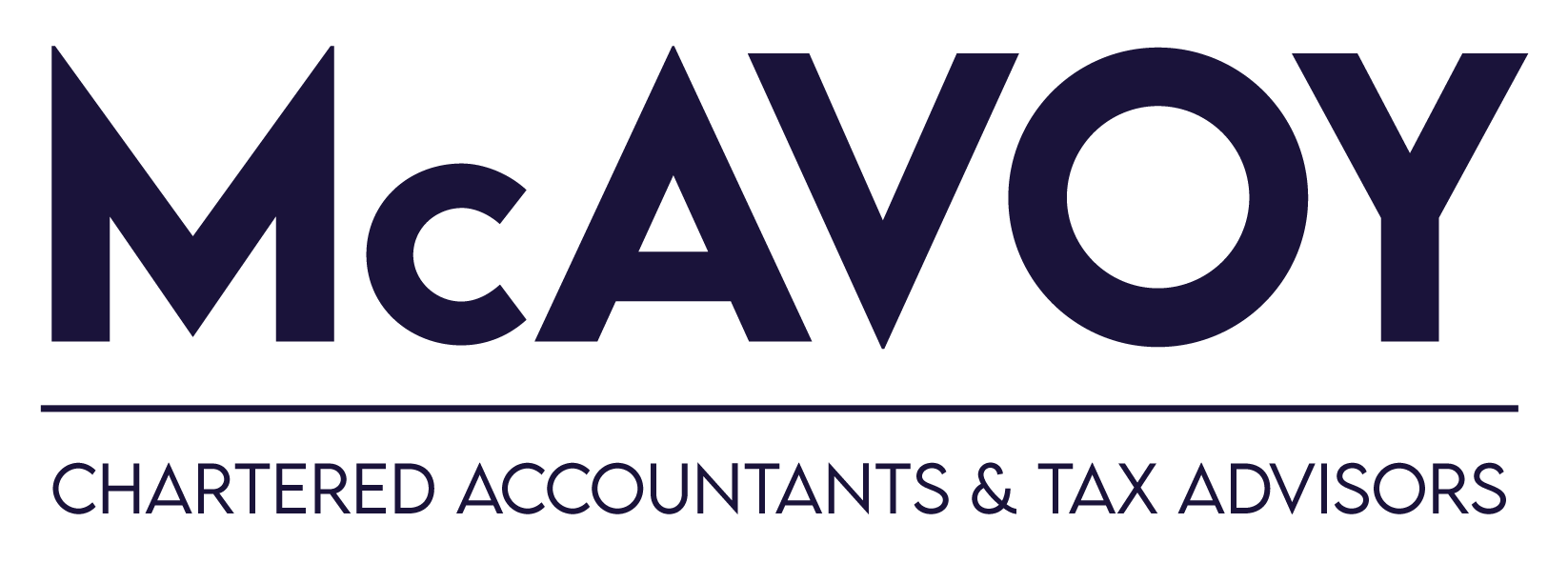For talented employees the acquisition of share options in a fast-growing company is one of the best ways of becoming seriously wealthy. And for shareholders, being able to attract clever employees to their company is fundamental to increasing the value of their shares. But prior to 1 January 2018 the tax treatment of employee share options presented difficulties to small and medium-sized companies (SMEs) that their quoted competitors were able to avoid.
The reason for this was that the tax legislation that applied back then provided that where an employee made a gain on the exercise of an option granted by his or her employer, the gain was subject to income tax, PRSI and USC at an aggregate rate of up to 52%. The tax fell due irrespective of whether or not the employee was able to convert the gain into cash.
An Example
The employee’s dilemma is best explained by an example involving Xco, a private company.
- Suppose that Xco granted a key employee an option to acquire 100,000 of its shares at their then market value of €1 each.
- Suppose also that Xco prospered, that after some years the shares rose in value to €6 each and that by this stage the period for exercise had almost expired thereby compelling the employee to exercise the option.
- If the employee exercised the option and paid the exercise price of €100k, he or she would have realised a gain of €500k as a result of having received shares to a value of €600k but having paid €100k to Xco for this.
- If the gain of €500k had been taxable at the aggregate top rate of 52%, the employee would have incurred a tax liability of €260k.
- His or her dilemma would have centred on how to find the money to exercise the option and pay the resultant tax bill.
- Usually the employee would try to resolve this by selling a portion of his or her holding. However because Xco is unquoted it is not possible to find a buyer in the stock market. The employee’s only recourse would be to look privately for a purchaser. If the other shareholders in Xco are either unable or unwilling to buy his or her shares there would usually be difficulty in finding a private purchaser.
- Contrast this with the position had Xco been a quoted company. In such a case the employee would have simply sold a sufficient number of shares in the stock market to finance both his cost of exercise and his tax bill.
The practical difficulty for private companies and for start-up companies in particular, that arose pre the 1 January 2018 legislation was that they were effectively shut out of using share options as an effective employee incentive. Because the grant of share options was one of the best ways of attracting talented employees, the growth prospects of these companies inevitably suffered.
For many years this problem didn’t seem to trouble the Dept. of Finance, but with Brexit looming the need to encourage entrepreneurship has propelled the Department into amending the legislation.
The new tax provisions are known as the Key Employee Engagement Programme.
The new tax provisions are known as the Key Employee Engagement Programme.
The New Rules
For those employees and companies that meet the conditions set by the legislation the new rules not only resolve an employee’s liquidity dilemma, they also bring about a very significant tax saving. They do this by providing that any gain generated on the exercise of a qualifying share option granted on or after 1 January 2018 and before 1 January 2024 is exempt from income tax and is not taken into account in computing income tax for the purposes of the Income Tax Acts.
This new rules have two important consequences:
- The gain on exercise is no longer subject to income tax, PRSI and USC. Instead the only tax that will arise will be Capital Gains Tax should the shares be sold at a gain. In essence a tax liability of up to 52% has been converted into a Capital Gains Tax liability at a maximum rate of 33% (or 10% if the shareholder qualifies for Entrepreneur Relief on his or her gain).
- Where a liability to CGT arises, it will do so at a time when the employee has sold his or her shares and turned them into money. The liquidity dilemma that was such a problem under the previous legislation no longer arises.
These tax advantages can be highly significant. For example;
- They may allow a small company to use a share option scheme to compete with stronger companies able to pay much higher salaries to new recruits than it can afford.
- It would do this by using share options to make a potentially significant shareholding available to new recruits and in this way attract the highly talented recruits it needs to grow its business.
- In effect the new recruits would be offered what amounts to a tax-efficient, one-way bet on the fortunes of their new company.
The Conditions
As always tax relief comes with conditions that must be met before the benefits of the relief can be obtained. The more important of these can be downloaded here.
If the new legislation applies to employee share options the company concerned will not qualify for the scheme of Relief for Investment in Corporate Trades (such as the EIIS and the Seed Capital Scheme).
Reporting Obligations
Where in a tax year a qualifying company grants a qualifying share option under or allots any shares or transfers any asset in pursuance of such a right, etc. the company is required to deliver particulars to the Revenue by 31 March of the following year
How We Can Help
In order for an option to constitute a qualifying share option the option price must not be less than the market value of the shares. Arriving at the market value of a share requires expert valuation guidance. We are happy to provide this.
The tests for determining whether or not an employee will be a qualifying employee for the purpose of the relief are complex. We can supply expert tax advice to guide clients through the various statutory tests.
If you need help in installing a qualifying share option scheme in your company please contact us.
Click the link to download the printable version of this article










